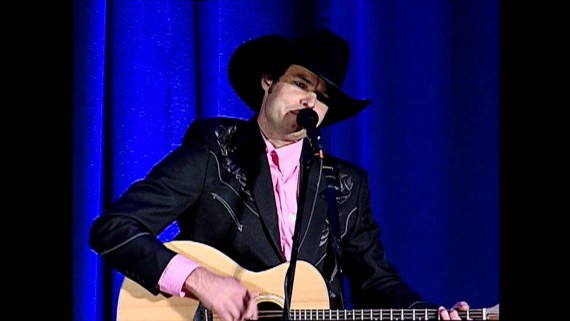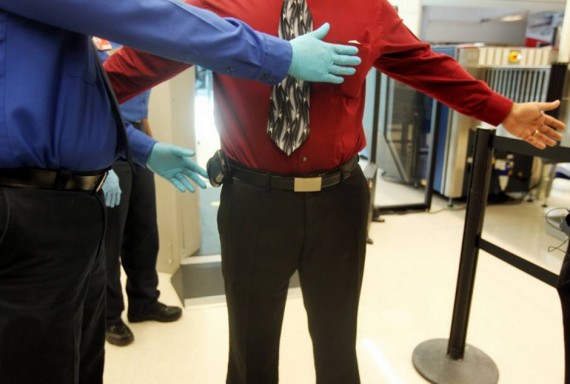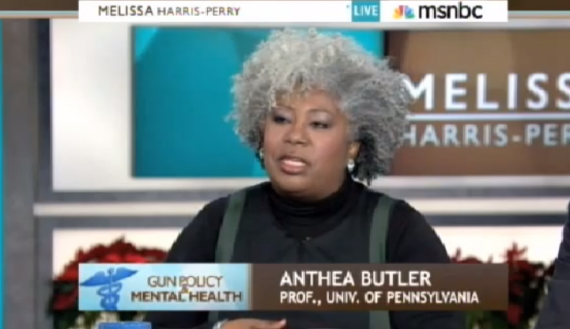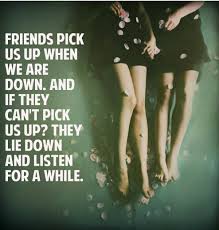
Singer Jason DeShaw at NAMI convention
Sometimes in life you feel as if you are part of something bigger than yourself. You feel connected to strangers because of a joint experience. You feel a bond, as if you are part of a family.
This is how I felt Thursday night during the closing ceremony of NAMI’s national convention in San Francisco. It was a warm sensation, a rewarding one and an invigorating one. More than two thousand of us had come together.
It was liberating knowing that the persons sitting near you understood what you had gone through because they also had gone through similar experiences.When Kevin had his first breakdown more than 13 years ago, a friend introduced me to Mark Gale whose son also had been diagnosed with a mental illness. Neither of us knew much about mental disorders. Now Mark is one of California’s most influential champions for reform. Our son’s illnesses changed both of our lives and thankfully, both of our sons are in recovery. Mark represents the best in NAMI to me. A take charge individual determined to help others.







